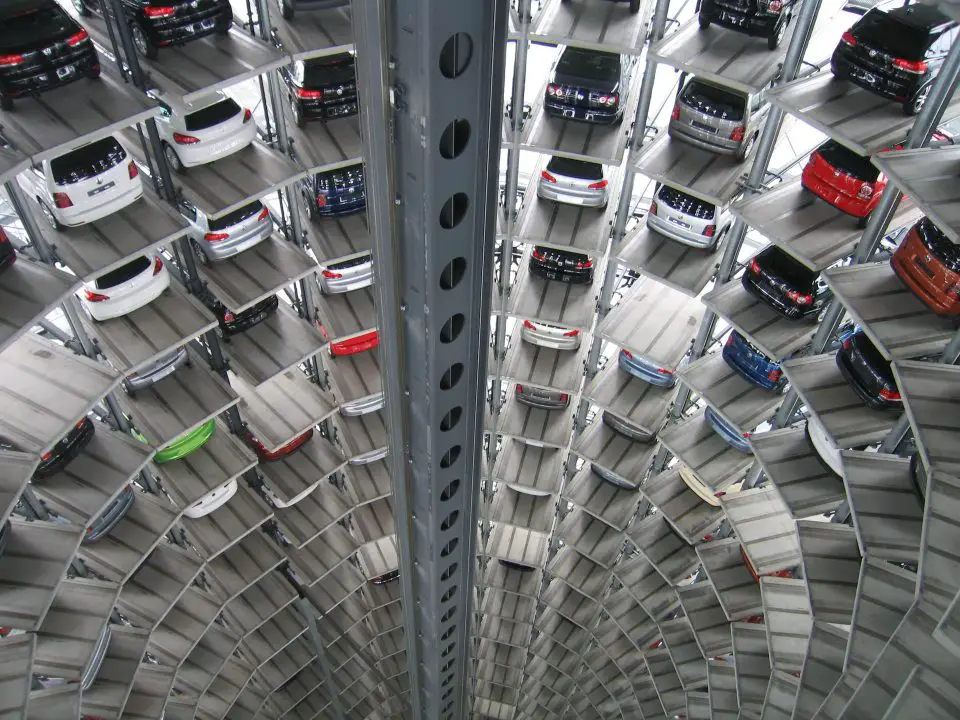Tesla CEO Elon Musk, in line with automotive giants General Motors (GM) and Ford, has urged caution regarding the escalation of electric vehicle (EV) production capacity. This collective apprehension reflects concerns about economic uncertainties, suggesting a potential deceleration in demand. Musk cited potential higher borrowing costs as a factor that could deter many potential customers from affording Tesla’s vehicles, despite substantial price reductions. Instead, he anticipated that customers may opt to await greater economic clarity before making a purchasing decision. As a consequence, Tesla shares experienced a 7% premarket decline on Thursday, mirroring similar drops observed among other EV manufacturers.
General Motors announced a postponement in the production of the Chevrolet Silverado and GMC Sierra electric pickup trucks at a Michigan plant, attributing the delay to a plateauing demand for EVs. In July, Ford similarly adjusted its EV expansion plans by redirecting investments towards commercial vehicles and hybrids.
Furthermore, Lucid and Rivian, two burgeoning EV startups, delivered less-than-optimistic updates. Lucid disclosed a nearly 30% decline in third-quarter production, while Rivian refrained from revising its full-year production forecast upward. These developments have amplified concerns about a potential downturn in EV demand, underpinned by pricing and affordability issues.
Tom Narayan, the Global Autos Analyst at RBC Capital Markets, interpreted this situation as a temporary setback that is poised to ameliorate as EV prices decrease and more affordable variants of these vehicles enter the market. Nevertheless, the trajectory of EV investments by automakers hinges heavily on the unfolding events in the next few quarters.
Tesla, in particular, has been at the forefront of aggressive pricing reductions in a bid to stave off any decline in demand. Nonetheless, Musk contended that even with these reductions, higher interest rates continue to pose a barrier for prospective buyers, effectively offsetting the impact of the price cuts. While interest rates in the United States are not anticipated to decline until 2024, Musk suggested that an acceleration of expansion at the Mexico factory could be on the horizon if such a development were to materialize. This prospective move could potentially afford customers greater access to EVs, potentially catalyzing a surge in demand.
In conclusion, the synchronized approach of industry leaders like Tesla, GM, and Ford in addressing economic uncertainties reflects the delicate balance between production expansion and consumer affordability, shaping the trajectory of the electric vehicle market in the coming quarters.
Source: Reuters

